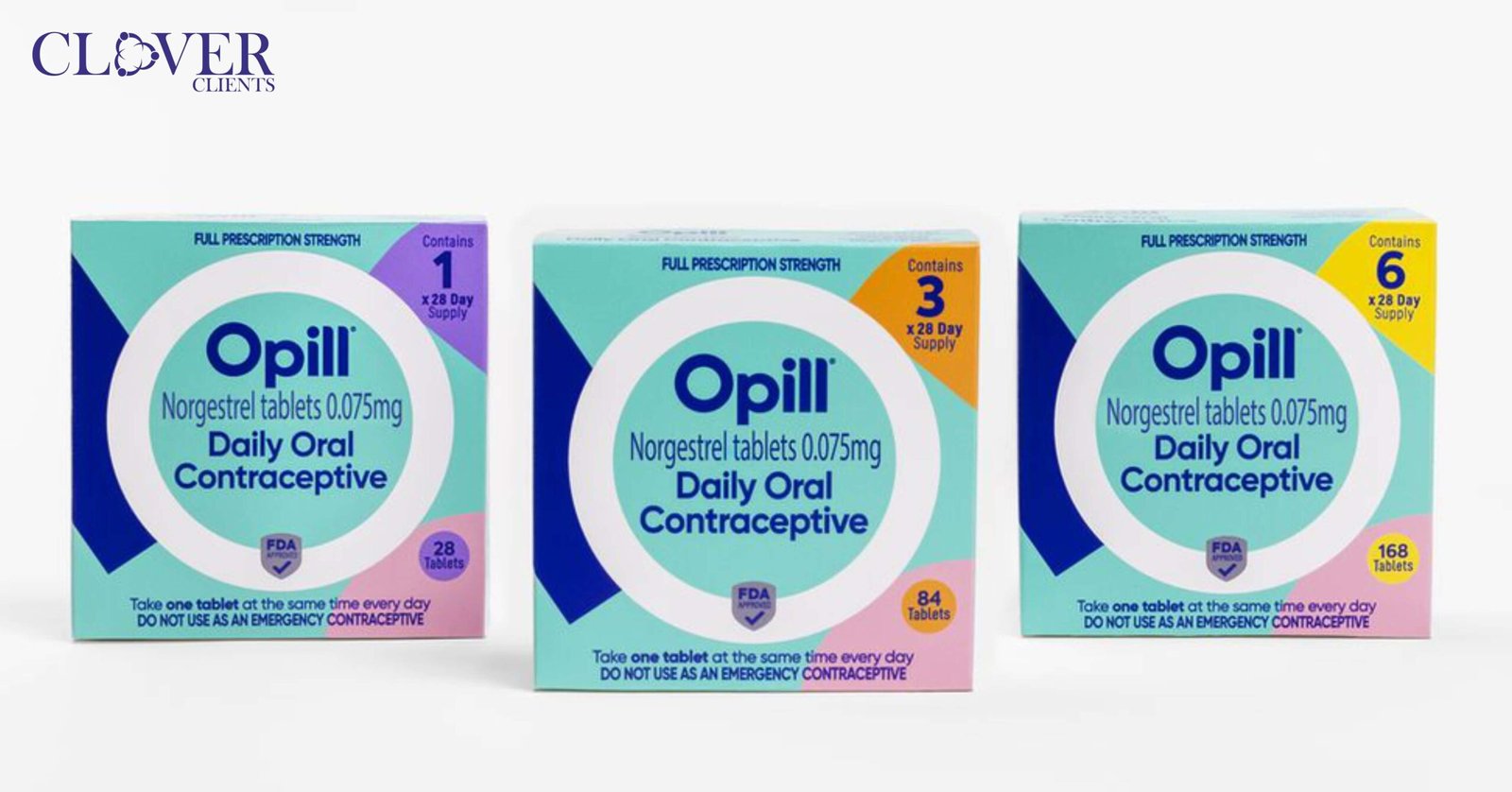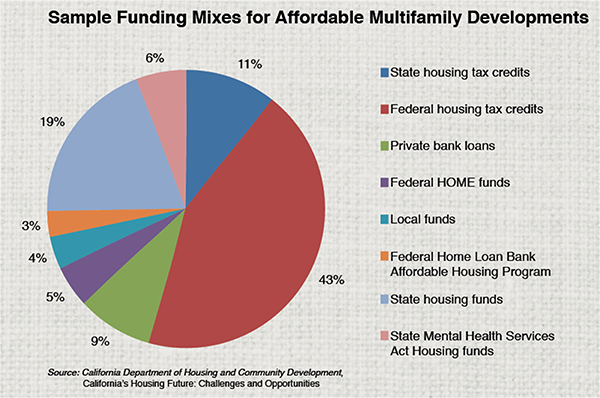Accessibility Revolution: Over-the-Counter Birth Control Post-Roe

Table of Contents
Increased Access and Affordability
Access to birth control has long been a significant hurdle for many women, impacting their reproductive health and overall well-being. The shift towards OTC birth control aims to dismantle these barriers.
Breaking Down Barriers to Care
Currently, many women face considerable obstacles in accessing birth control, including:
- High cost of prescriptions: The price of prescription birth control pills, patches, and other methods can be prohibitive, especially for those without insurance or with high deductibles. This often leads to delayed or forgone care.
- Lack of insurance coverage: Even with insurance, co-pays and out-of-pocket expenses can make birth control unaffordable for many. Gaps in insurance coverage further exacerbate this issue.
- Inconvenient clinic visits: Scheduling appointments with doctors and navigating healthcare systems can be time-consuming and challenging, particularly for women with busy schedules or limited transportation options.
- Geographical limitations: Access to reproductive healthcare services is often limited in rural and underserved areas, leaving many women without convenient access to birth control.
The Economic Impact of OTC Birth Control
Making birth control readily available over-the-counter promises significant economic benefits:
- Lower cost per pill/cycle: OTC birth control is expected to be significantly cheaper than prescription methods, reducing the financial burden on individuals and families.
- Reduced need for expensive clinic visits: Easier access eliminates the need for multiple doctor visits, saving money on transportation, time off work, and co-pays.
- Fewer unplanned pregnancies: Increased access to birth control directly leads to a reduction in unintended pregnancies, decreasing the associated healthcare costs and the need for government assistance programs like Medicaid. This also contributes to increased workforce participation as women are less likely to experience career disruptions due to unplanned pregnancies.
Empowering Women and Enhancing Reproductive Autonomy
The availability of OTC birth control represents a powerful step towards empowering women and enhancing their reproductive autonomy.
Control Over Reproductive Choices
OTC birth control offers women greater control over their reproductive lives:
- Increased privacy in accessing birth control: Women can obtain birth control discreetly, without the need for a doctor's visit or discussions with healthcare providers or partners.
- Ability to self-manage reproductive health: This fosters a sense of agency and control over personal healthcare decisions, aligning with the growing movement toward personalized healthcare.
- Reduced dependence on healthcare systems: While healthcare providers remain crucial, OTC birth control reduces reliance on often overburdened systems, particularly beneficial for women in underserved areas.
Addressing Health Disparities
The accessibility of OTC birth control has the potential to significantly reduce existing health disparities:
- Improved access for low-income women: Lower costs directly address the financial barriers faced by low-income individuals, ensuring access for all.
- Improved access for women in rural areas: OTC options eliminate the need for travel to distant clinics, overcoming geographical barriers.
- Improved access for women of color: This addresses systemic inequalities that disproportionately affect women of color, promoting health equity.
Potential Challenges and Concerns
While the potential benefits of OTC birth control are significant, certain challenges and concerns need careful consideration.
Misinformation and Self-Medication
The increased availability of OTC birth control necessitates robust public health campaigns to combat misinformation:
- Need for clear labeling and instructions: Clear, concise, and easily understandable information on packaging is paramount to ensure safe and effective use.
- Importance of public health campaigns: Comprehensive public health initiatives are essential to educate women about proper usage, potential side effects, and interactions with other medications.
- Addressing potential concerns about misuse: Openly addressing potential misuse and providing accurate information can mitigate risks.
Regulatory Hurdles and FDA Approval
The path to OTC birth control involves navigating complex regulatory processes:
- FDA approval process: The rigorous FDA approval process ensures safety and efficacy but can be lengthy and complex.
- Potential political hurdles: Political ideologies and lobbying efforts from various groups can significantly impact the timeline and outcome of regulatory approvals.
- Lobbying efforts by pharmaceutical companies and advocacy groups: The involvement of diverse stakeholders, including pharmaceutical companies and women's health advocacy groups, significantly shapes the regulatory landscape.
Conclusion
The movement towards over-the-counter birth control signifies a crucial turning point in the accessibility of reproductive healthcare. Increased access and affordability promise to empower women, decrease healthcare costs, and address existing health disparities. While challenges relating to misinformation and regulatory hurdles exist, the potential benefits of OTC birth control in the post-Roe landscape are substantial. This change is not merely about convenience; it is about fundamental access to healthcare, reproductive autonomy, and the empowerment of women.
Call to Action: Learn more about the ongoing efforts to make over-the-counter birth control a reality and support initiatives that prioritize access to affordable and accessible reproductive healthcare for all. Advocate for policies that expand access to OTC birth control options and ensure that every woman has the power to control her own reproductive health journey. Let's work together to make affordable and accessible birth control a reality for everyone.

Featured Posts
-
 Lower Key Nra Convention Opens In Atlanta
May 27, 2025
Lower Key Nra Convention Opens In Atlanta
May 27, 2025 -
 Donald Trumps Taylor Swift Announcement Maga Reacts
May 27, 2025
Donald Trumps Taylor Swift Announcement Maga Reacts
May 27, 2025 -
 Can We Make Housing More Affordable Without Lowering Home Prices The Gregor Robertson Approach
May 27, 2025
Can We Make Housing More Affordable Without Lowering Home Prices The Gregor Robertson Approach
May 27, 2025 -
 Regularisation Des Charges Locatives A Saint Ouen 50 A 80 De Reduction Possible
May 27, 2025
Regularisation Des Charges Locatives A Saint Ouen 50 A 80 De Reduction Possible
May 27, 2025 -
 Zamfara Police Foil Bandit Attack Kill Notorious Kingpin
May 27, 2025
Zamfara Police Foil Bandit Attack Kill Notorious Kingpin
May 27, 2025
Latest Posts
-
 Programma Tileorasis Savvatoy 10 5 Odigos Metadoseon
May 30, 2025
Programma Tileorasis Savvatoy 10 5 Odigos Metadoseon
May 30, 2025 -
 Plires Programma Tileorasis Gia To Savvato 15 Martioy
May 30, 2025
Plires Programma Tileorasis Gia To Savvato 15 Martioy
May 30, 2025 -
 Savvato 15 3 Ti Na Deite Stin Tileorasi
May 30, 2025
Savvato 15 3 Ti Na Deite Stin Tileorasi
May 30, 2025 -
 Odigos Tileoptikon Programmaton Gia To Savvato 15 Martioy
May 30, 2025
Odigos Tileoptikon Programmaton Gia To Savvato 15 Martioy
May 30, 2025 -
 Teleprogramma Na Subbotu 15 Marta
May 30, 2025
Teleprogramma Na Subbotu 15 Marta
May 30, 2025
